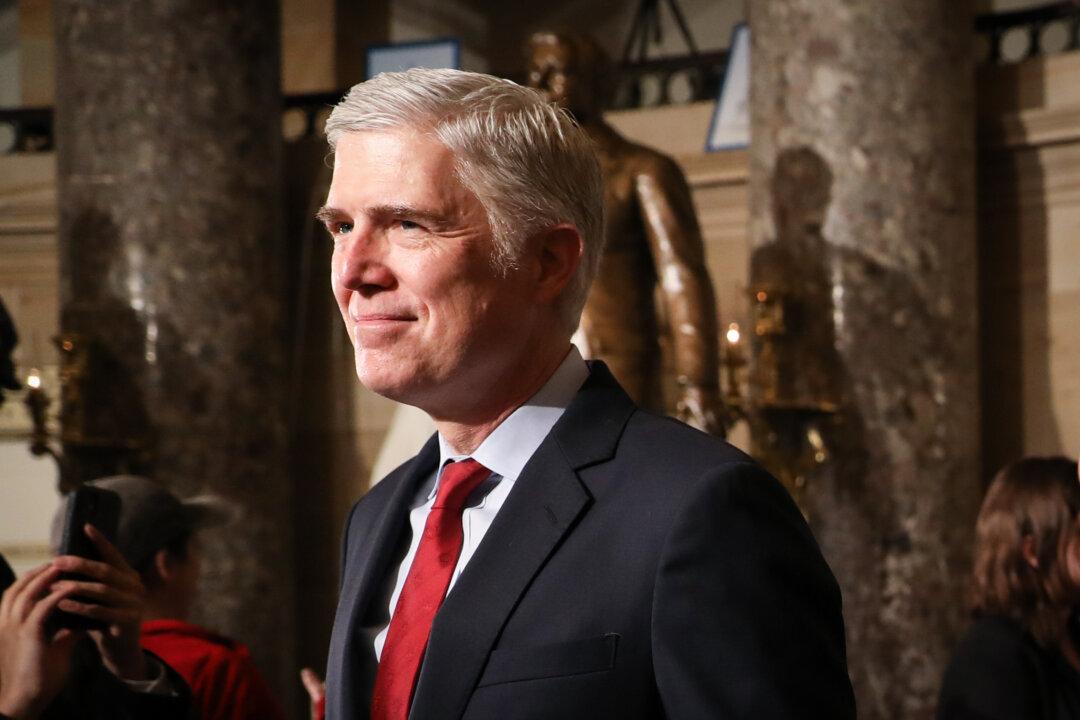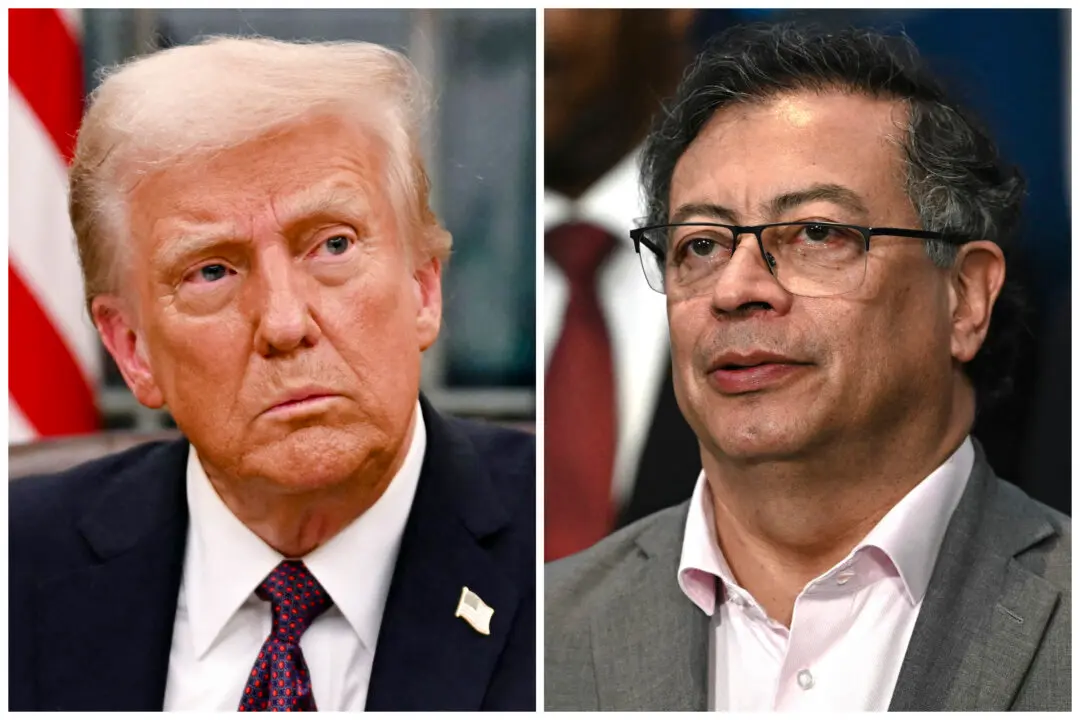U.S. Supreme Court Justice Neil Gorsuch has recused himself from a development–environmental case over a potential conflict of interest after protests from Democratic lawmakers who say the court decision will impact a longtime associate of the justice.
Oral argument for the case, Seven County Infrastructure Coalition v. Eagle County, Colorado, is scheduled to be heard by the court next Tuesday.





